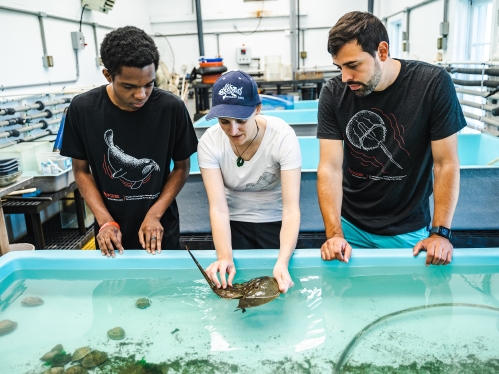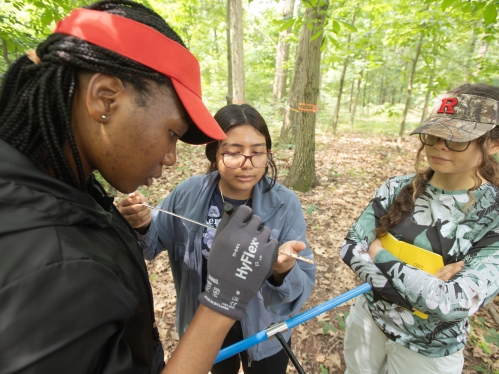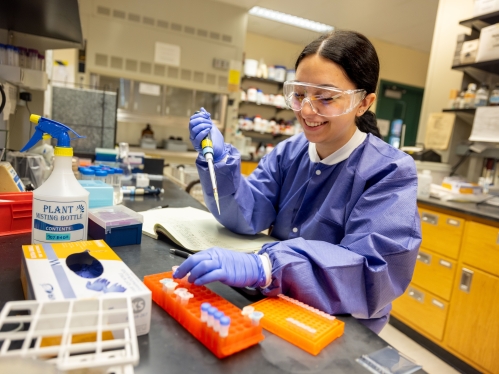SEBS General Honors Program
Incoming freshman selected during the college application
The General Honors Program is a community of student scholars engaged in research and seminars that supplement their existing curriculum. Featuring mentored research across all years of their program with faculty across Rutgers, students can also engage with state and federal partners and competitive grants research opportunities such as the National Science Foundation RUE programs. Students are selected during the college application.


